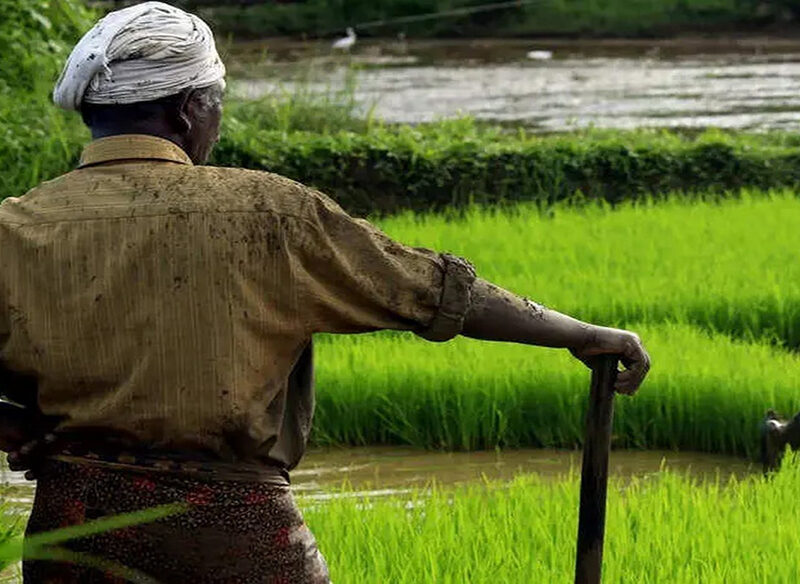Climate change poses significant challenges to Indian agriculture, impacting traditional growing seasons and leading to extreme weather events like droughts and floods. In response, Tamil Nadu’s government has unveiled plans to establish climate-smart villages aimed at protecting the state’s agriculture and ensuring food security amidst changing climatic conditions.
The Impact of Climate Change on Agriculture
Rising temperatures and erratic rainfall patterns disrupt farming activities, affecting crop yields and farmers’ livelihoods. These challenges contribute to food price fluctuations, impacting millions of people across India. Tamil Nadu’s Agricultural Minister, MRK Panneerselvam, highlighted the impending challenges posed by climate change, emphasizing the need for proactive measures to safeguard biodiversity, crop yields, and food security.
Introducing Climate-Smart Villages
The concept of climate-smart villages involves creating specialized communities that showcase climate change mitigation technologies to farmers and stakeholders. These villages serve as hubs for raising awareness and providing practical solutions to help farmers adapt to changing weather patterns and protect their crops. The government has allocated Rs 1.48 crore to develop these villages across Tamil Nadu.
Enhancing Soil Health and Productivity
Recognizing the importance of healthy soil, the government has initiated research on soil microbiome engineering. This research focuses on evaluating and enhancing microbial communities to improve soil carbon levels and nutrient availability, ultimately boosting agricultural productivity. A budget of Rs 1.39 crore has been allocated to support this vital research.
Connecting Farmers and Consumers
To bridge the gap between farmers and urban consumers, Tamil Nadu plans to establish 100 “Uzhavar Angadis” or farmer outlets, modeled after existing farmers markets. These outlets will provide direct access to high-quality agricultural produce and value-added products for urban consumers. Farmers will benefit from fair pricing and direct procurement of their produce, while consumers will enjoy fresh, locally sourced food. The government has committed Rs 5 crore to support this initiative.
Learning from Past Successes
Prior initiatives in India, such as Karnataka’s Krishi Bhagya scheme and climate-smart villages in Haryana, have shown promising results. These initiatives focus on rainwater conservation, laser-land leveling, and mobile-based agro-advisories, leading to increased yields, reduced water usage, and improved incomes for farmers.
Conclusion
The introduction of climate-smart villages in Tamil Nadu marks a proactive step towards addressing the challenges posed by climate change in agriculture. By implementing innovative technologies, supporting soil health research, and fostering direct farmer-consumer connections, the government aims to build resilience and sustainability in the agricultural sector, benefiting both farmers and consumers alike.










Comments